Doctorate in One Health
Santo Amaro University – UNISA, a respected institution with over 50 years of academic excellence in São Paulo, proudly offers its Doctorate Program in One Health, designed to prepare leaders in integrated health solutions for global challenges.
The One Health concept emphasizes the vital interconnectedness of human, animal, and environmental health. This comprehensive approach is crucial for tackling today’s complex global health challenges, enabling more effective prevention and control of diseases that transcend species and ecosystems. By fostering collaboration across Veterinary Medicine, Human Medicine, and related health and environmental disciplines, UNISA’s Doctorate in One Health equips professionals with the knowledge and strategic vision to lead innovative solutions and contribute to a healthier, more sustainable future for all.
Duration: 36 to 48 months (1,440 hours)
Format: On-campus (in-person)
Degree Awarded: PhD (Doctorate)
Schedule: Full-time
Location: Interlagos Campus
Program Objectives
The One Health Doctoral Program aims to develop socially engaged researchers prepared for advanced scientific investigation and higher education teaching grounded in the contemporary concept of One Health. The program fosters scientific maturity, encouraging the development of interdisciplinary and transdisciplinary perspectives. By the end of the program, graduates will be equipped to generate knowledge and take action on complex challenges involving human health, animal health, and their interconnections with the environment.
One Health
In 2008, the World Health Organization (WHO), the World Organization for Animal Health (WHOA, former OIE), and the Food and Agriculture Organization of the United Nations (FAO) launched the initiative titled “One World, One Health.” This approach recognizes that the interactions between humans, animals, and the environment—alongside social, environmental, and economic determinants—are fundamental to preventing and controlling diseases and the promotion of health and well-being on a global scale.
Therefore, the program develops research projects that address health, agricultural production, and the environment, intending to minimize risks arising from the human-animal-environment interface.
Methodology
The One Health Doctoral Program is designed to train socially committed researchers for advanced scientific investigation and higher education teaching, grounded in the contemporary One Health framework. The program emphasizes professionals’ scientific and academic development, fostering interdisciplinary and transdisciplinary perspectives. By the end of the program, graduates will be fully equipped to generate knowledge and contribute to solving complex challenges involving human health, animal health, and their interactions with the environment.
Curriculum Overview
- Mandatory subjects:
- One Health
- Bioethics and Animal Welfare
- Zoonoses
- Advanced Research Seminars
- Qualification
- Electives:
- Problem-Based Learning
- Scientific Assessment of Stress
- Conservation Biology
- Biology of the Host-Pathogen Relationship
- Health Communication
- Contraception and Population Control of Dogs and Cats
- Didactics in Higher Education
- Health Communication
- Emerging Diseases
- Entrepreneurship and Project Management
- Basic Epidemiology
- Applied Statistics
- Ethology and Animal Welfare
- Basic Molecular Phylogeny
- Homeopathy and Animal Welfare
- Interações Biológicas
- Collective Veterinary Medicine
- Veterinary Medicine in Water Source Areas
- Field Sample Collection Methods
- Diagnostic Methods Applied to One Health
- One Health, One Welfare
- Research and University Extension
- Main foodborne zoonoses
- Antimicrobial resistance and One Health
- Health and welfare of wild animals
- Special topics in veterinary andrology
- Trypanosomatids of medical and veterinary interest
- Vectors
- Microbiome
- Effective problem solving
- Scientific writing
Course
Teachers
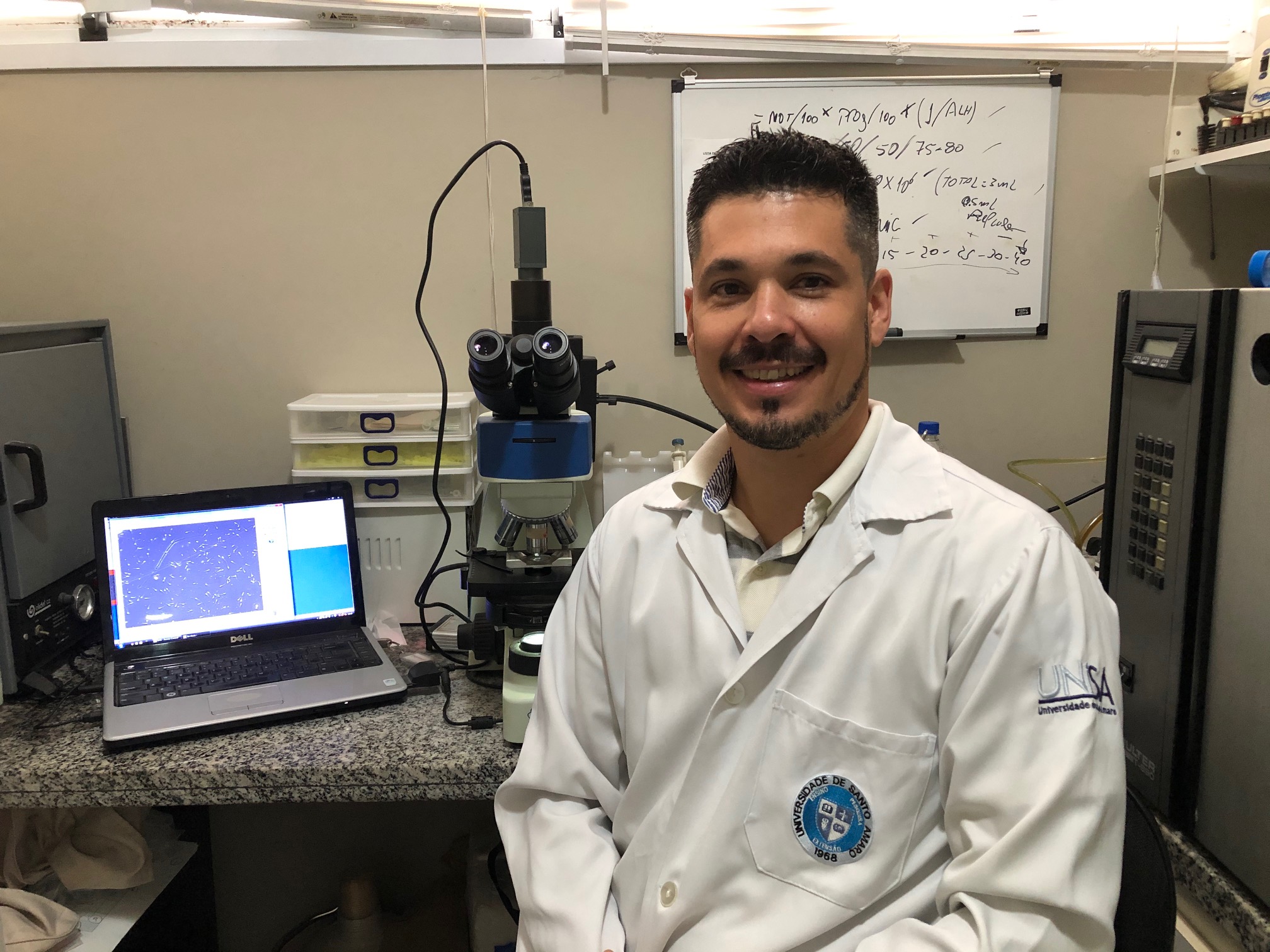
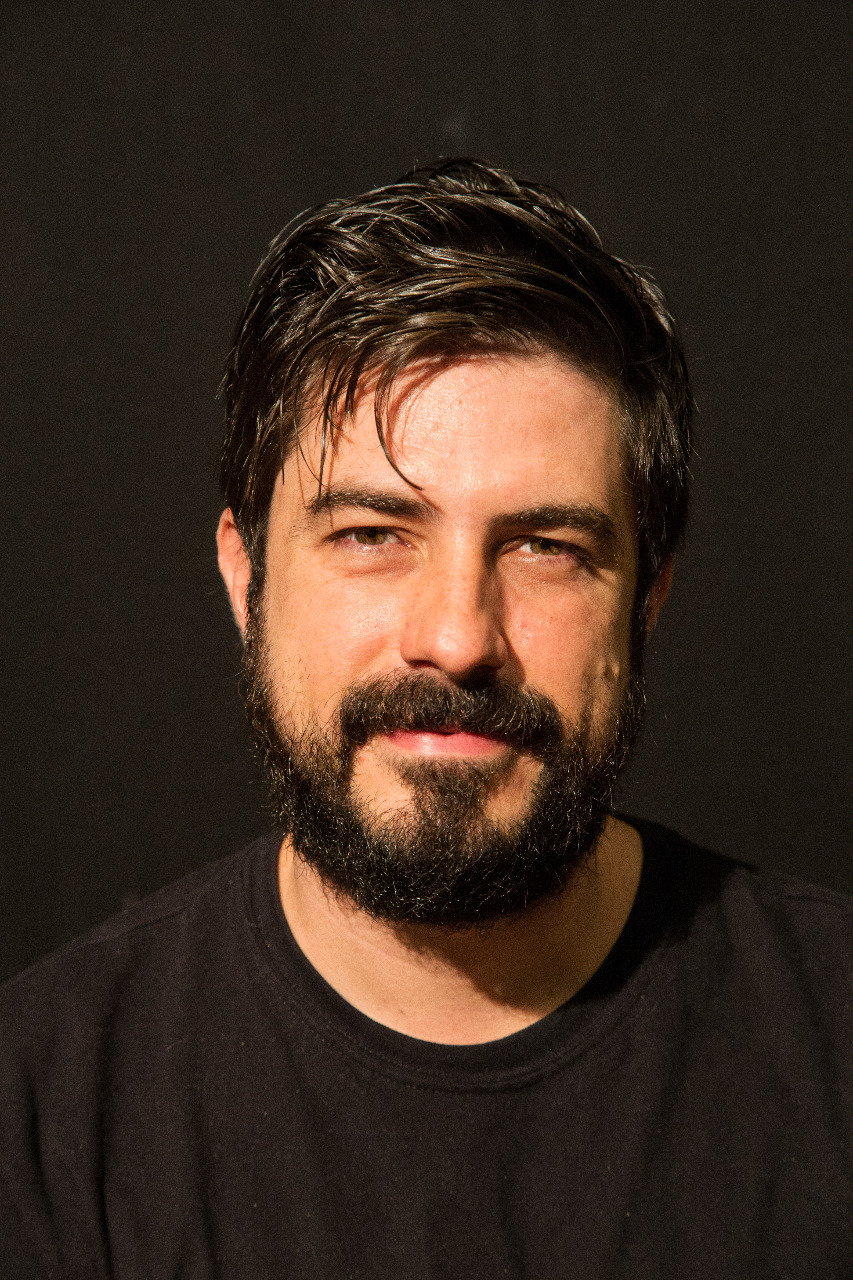
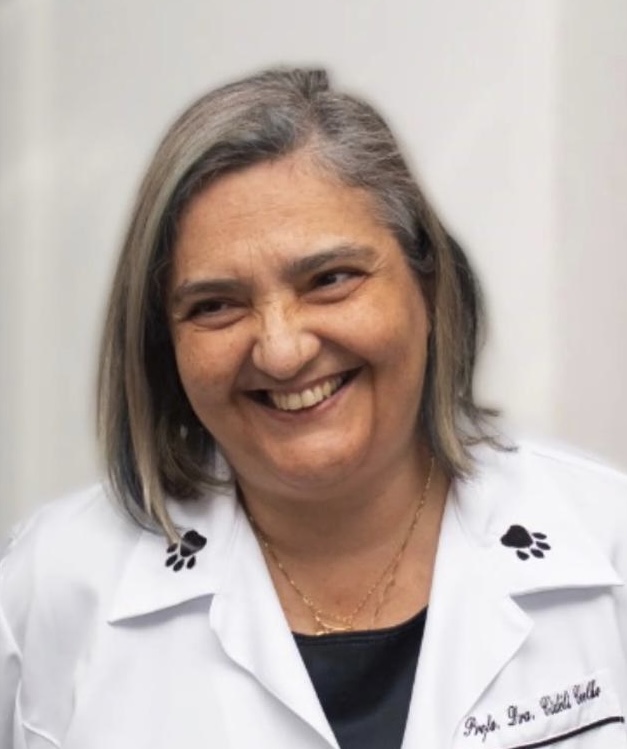
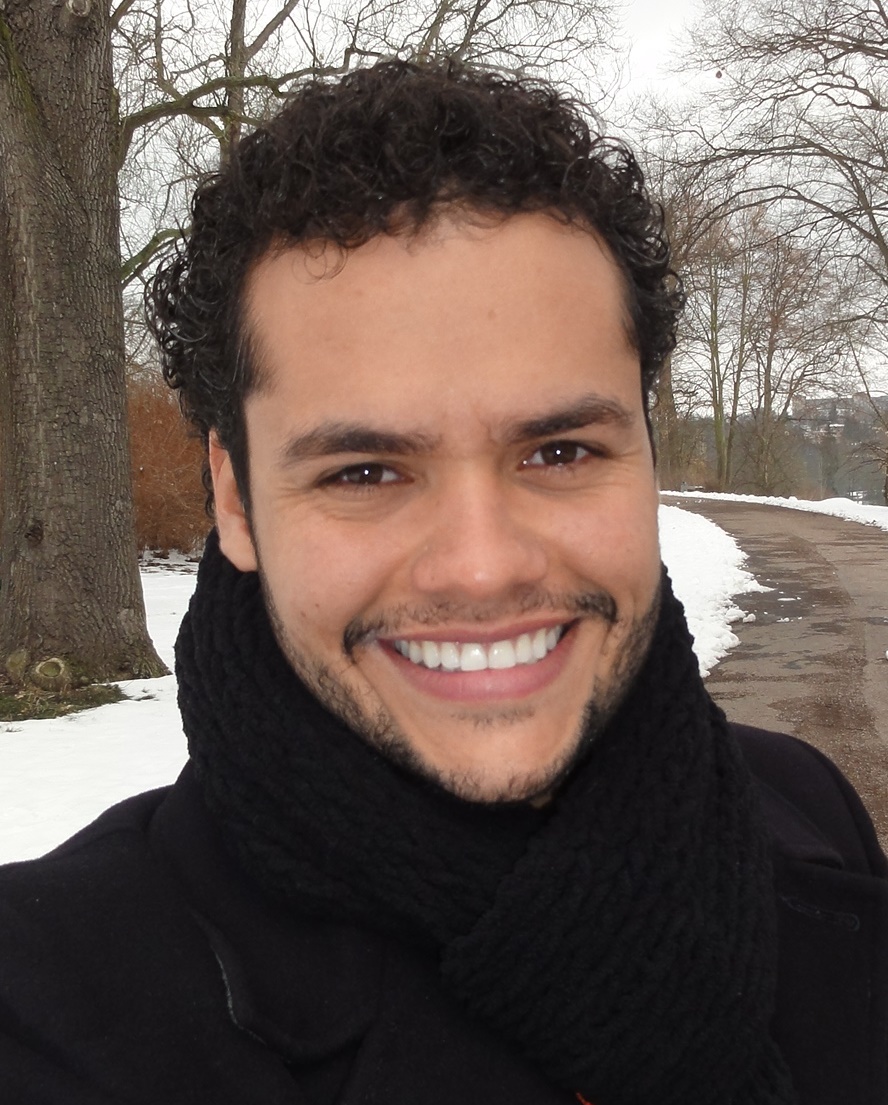
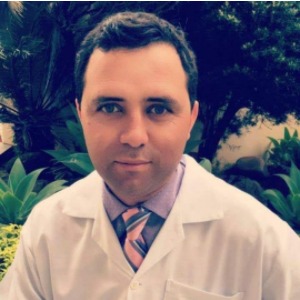
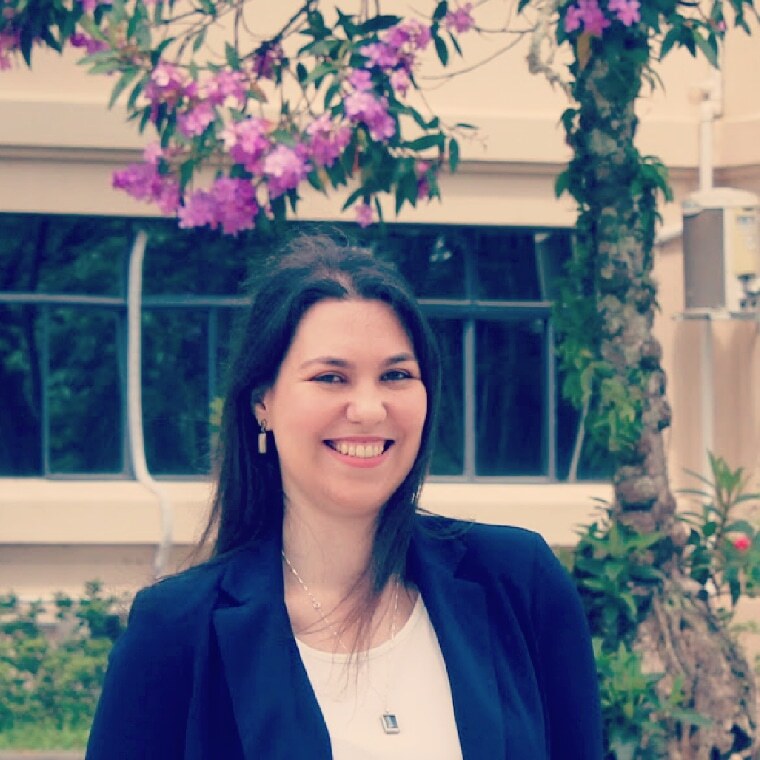
Faculty
Published Articles
Click here to access articles published by our faculty members.
Infrastructure
The laboratories available for research are part of the URC (UNISA Research Center) and are organized as follows:
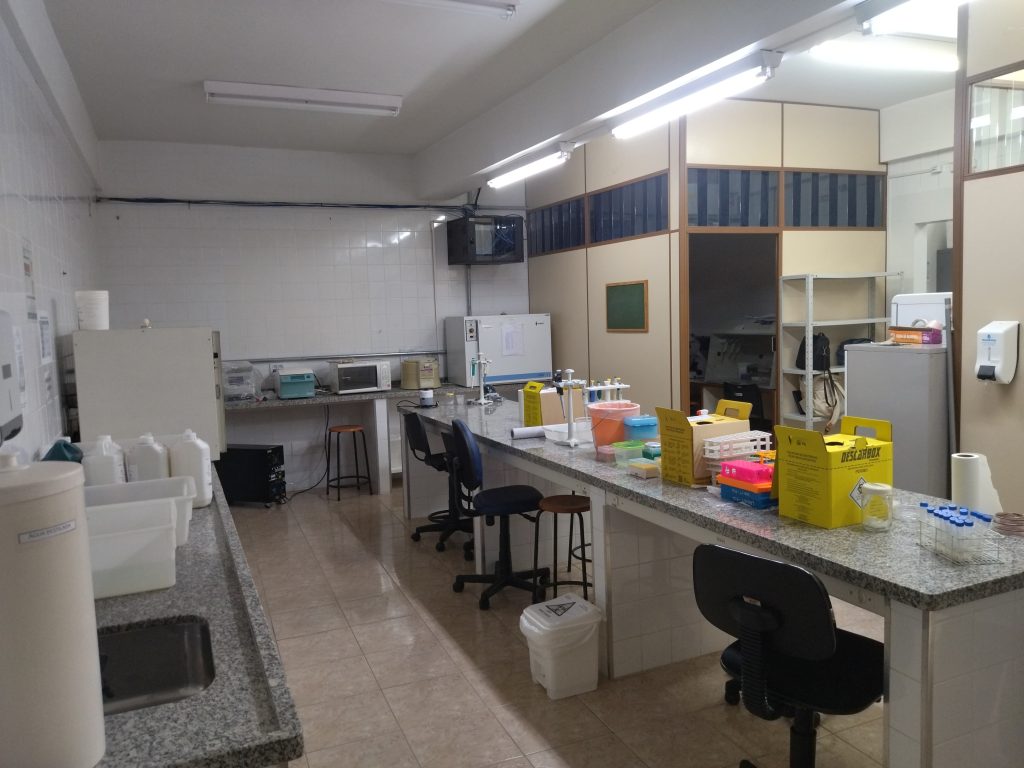
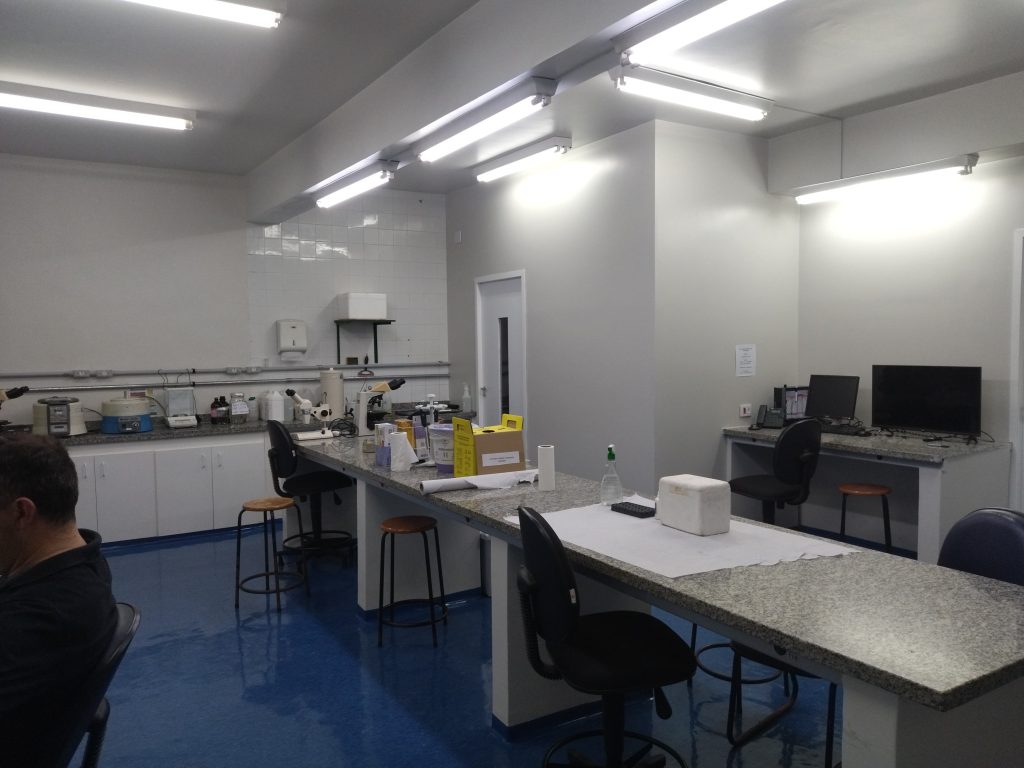
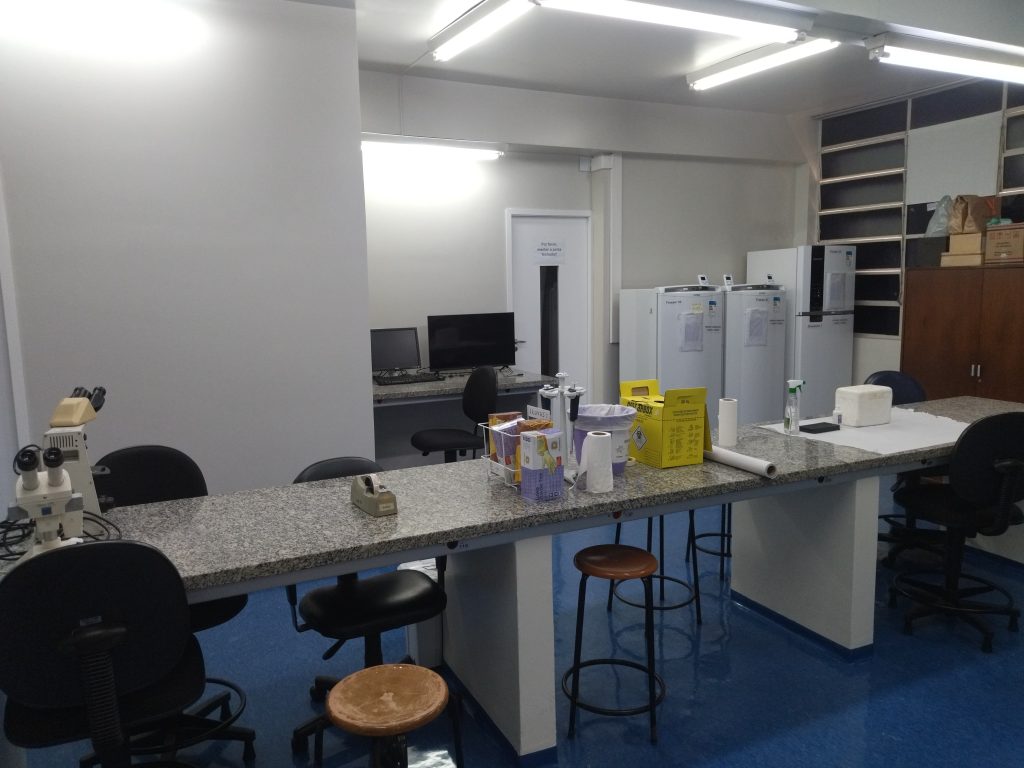
Laboratory of cytopathology:
This laboratory focuses on technological development and applied research in pathology, cytopathology, oncology, and sexually transmitted diseases. It began its activities in 2015, supporting scientific initiation projects from the Biomedicine, Pharmacy, Medicine, and Dentistry programs. The laboratory comprises sectors dedicated to histopathology, immunocytochemistry, and microscopy.
Laboratory of Molecular and Cellular Biology – LMCBIO:
LMCBIO conducts research in genomics, proteomics, and cell culture. It is equipped with both large and small instruments, consumables, and reagents acquired by faculty members through projects funded by federal and state research funding agencies (CNPq, FAPESP, etc.), as well as by private industries and institutions. The laboratory is divided into sectors for solution and material preparation, cell culture room, and nucleic acid extraction and amplification room.
Laboratory of Biomechanics and Biomaterials:
This laboratory conducts applied research on the development, improvement, and performance evaluation of dental materials, aiming at patent formulation and clinical applications. It also focuses on the development of antibacterial restorative materials. The laboratory has two areas: one approximately 15 m² where material analyses are performed, and another 6 m² area designated for sample preparation. Both spaces are built with masonry, vinyl-coated flooring, and ceramic countertops and are equipped with climate control, ventilation, and appropriate lighting.
Santo Amaro University Laboratory of Nutritional Assessment (LANUSA):
LANUSA enables students to apply theoretical knowledge through nutritional status assessment across all age groups. Activities in this laboratory include using direct and indirect assessment methods addressing the evolution of nutritional status based on the study of signs, symptoms, and body composition. It provides practical classes for the development of research and outreach projects. LANUSA’s primary research efforts involve the nutritional assessment of users of the Primary Health Care Units (UBS) in the Capela do Socorro region and the systematic collection of this information for planning and redirecting actions of the health teams associated with these units.
Laboratory of Biomechanical Evaluation and Musculoskeletal Rehabilitation – LABIREM:
LABIREM is an academic and scientific research laboratory dedicated to studies on human movement and posture applied to health promotion and prevention, as well as rehabilitation/exercise and sports for individuals and users of the UBS in the Capela do Socorro region. Activities in this laboratory include using direct and indirect biomechanical evaluation methods supporting undergraduate, graduate (Stricto Sensu), and regular research projects. The main research areas developed by the LABIREM team include the assessment of movement and posture dysfunctions, gait and running patterns, and types of footwear, focusing on orthopedic, sports-related, and women’s health conditions. The gathered data is systematically organized to inform and redirect actions by the health teams associated with the UBS mentioned above.
Veterinary Research Laboratory – LABVET:
LABVET was designed to support research in animal health and reproduction, epidemiology of transmissible animal diseases, and zoonoses. Its activities include reproductive biotechnology, antigen production for zoonotic diseases, development, standardization, and execution of direct and indirect tests for population studies, molecular epidemiology, and pathogen taxonomy related to diseases of domestic and wild animals or zoonoses.
Research Areas
HEALTH, WELL-BEING, AND BIODIVERSITY
This research focuses on studying human and animal health, the environment in all its dimensions, and their interconnections.
Internationalization
UNISA encourages students to engage in international experiences as part of their academic and professional development. Through the International Relations Office, students can participate in exchange programs with over 10 higher international education institutions established through academic agreements.
Learn more about how to take part in an academic exchange abroad.
Institutional Repository
Click here to access.
UNISA Journals
Click here to access.